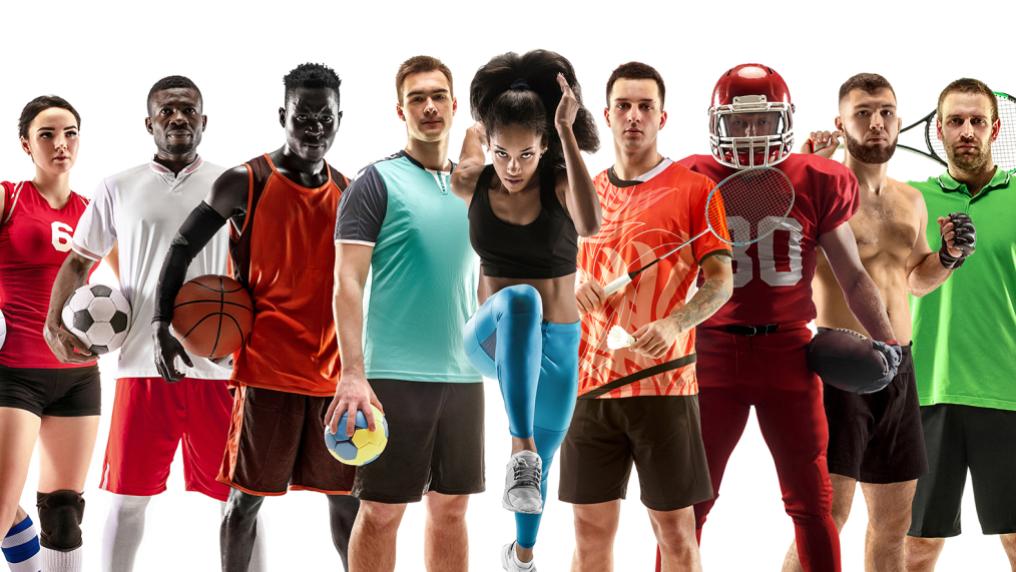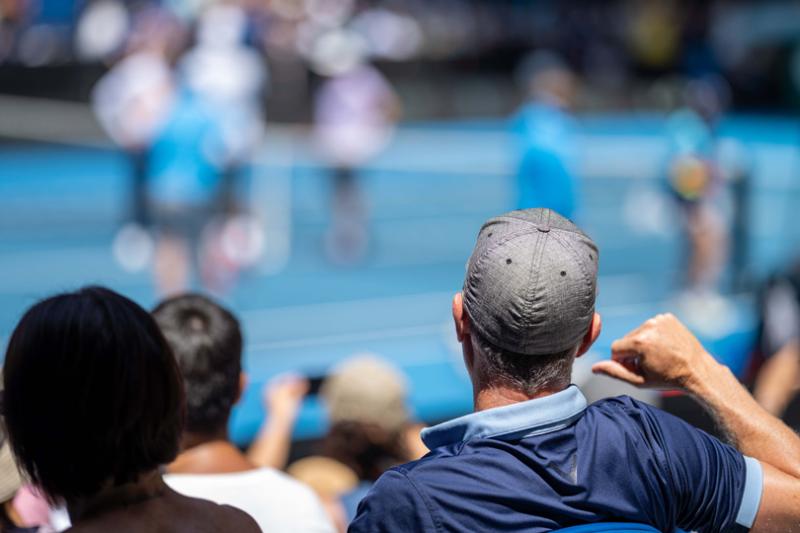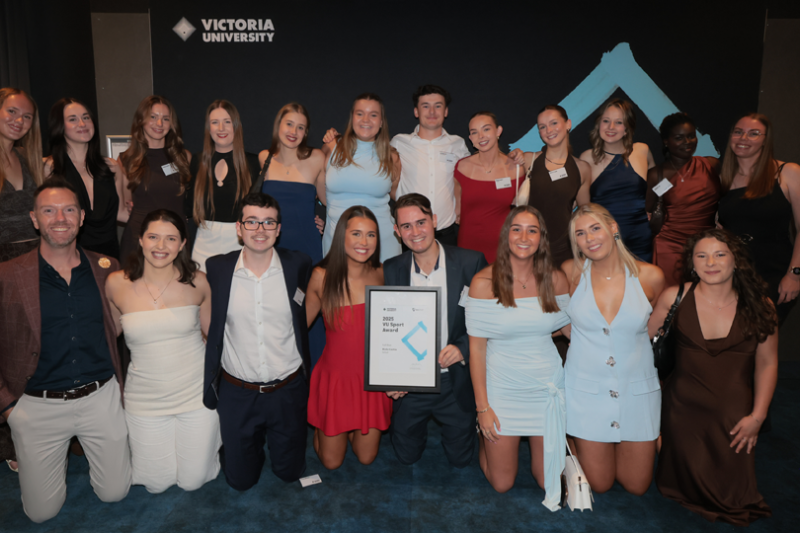Athlete power in the digital age – stand up for what you believe in

first published in the Herald Sun 22 October 2022
There is a real shift in power happening in Australian sport and around the world. It is a shift in power moving from the organisations that own, run and regulate sport, to the athletes who deliver the content. And increasingly this content is not limited to what happens on the field or on court – but also in and beyond the boardroom. Taking a knee because #BlackLivesMatter or not joining LIV golf events because of the human rights abuses by those who fund the tour. In Australia various netball players of the Australian Diamonds have spoken out against a sponsorship by Hancock Prospecting, because of their poor Indigenous and environmental track record. Cricket captain Pat Cummins came out this week in opposition to Cricket Australia extending ties with sponsor Alinta, an energy company significantly contributing to climate change.
Athletes have always spoken out on social issues to stand up for their principles, and through their agents or managers, have always put up a good fight to advance and protect their commercial interests. But never before have they had the communication platform they have today. On Instagram, for example, fifaworldcup has almost 31 million followers. Not bad? Well, Cristiano Ronaldo has 489 million followers. The WTA (women’s tennis association) has 1 million followers but Serena Williams has 16 million. And with the T20 Worldcup underway, the ICC would be very happy with their 25 million followers, but Indian captain Virat Kohli has 218 million.
What do these numbers tell us? Trent Jacobs, former CEO of Melbourne Victory and now Managing Director of Digital sport marketing agency Sports Cloud Australia, says that “it first of all shows the enormous reach that can be achieved through digital technology, especially when you learn how to actively engage with your audience. But beyond the technology that can connect to 100s of millions of people with the push of a button, it demonstrates the value for clubs, leagues and governing bodies, if they can connect their brands and the athletes into digital content and audience growth”. The sport organisations, the clubs, have always known the engagement value of athletes, along with performance value, which is why they started paying exorbitant salaries. Those salaries have largely been funded by the media contracts that sport organisations negotiated. And through those contracts the sport organisations to a large extent, controlled the narratives about the athletes. Digital changed all that.
Digital technology and how such tech is used on social media platforms has swiftly cut out the middleman – the club or event owning governing body – athletes now can talk ‘direct to consumer’. To complete that picture, Manchester United has 61 million followers and even Real Madrid with 127 million followers does not come close to Ronaldo. And with levels of trust in government, governance and institutions plummeting around the world, the (social media) ‘voice’ of popular entertainers, and especially athletes, has become an even more powerful messenger of truth.
The digital revolution has also led to the further amplification and dramatization of news events, in particular those that report disaster and conflict, instil fear, offend, discriminate, and incriminate. As such, younger generations in particular, have grown up with an increasing and amplified awareness of all the big problems that the world and humanity is facing. Even if not all in the world is doom, we might be lulled into believing that things have never been more challenging. The current digitally native generations of athletes increasingly understand that their voice is heard, that it matters, and that it can make a difference. It helps in that regard, that (relatively) young billionaire entrepreneurs such as Mike Cannon-Brookes pave the way for vocal activism – admittedly with substantial financial resources available to also act on their ‘voice’.
However, let’s not get too excited. We are mostly talking about the top of the tree athletes, those who are recognised, admired and successful. They not only have a bargaining position with their employers, but also, backed by popular demand, the options to move to other (maybe more socially conscious) organisations. How far will and can a young, talented and up and coming athlete go when it comes to taking a principled stand against the unethical behaviour of a potential employer? Can they afford to reject their first contract, the one that will provide them with the opportunity to become a professional athlete?
It may well become part and parcel of the role and responsibility that will be cast upon the most popular athletes in their sport. Not only because they believe in what they have to say, but also because the watchful eye of all of us, through Tik Tok, Facebook, Twitter, Instagram and Snapchat is following their every move…
Hans Westerbeek is Professor of International Sport Business at Victoria University and author (with Adam Karg) of ‘International Sport Business: current issues, future perspectives’.
Author
Professor Hans Westerbeek
Professor of International Sport Business
Head of Sport Business Insights Group
Director of PASI



